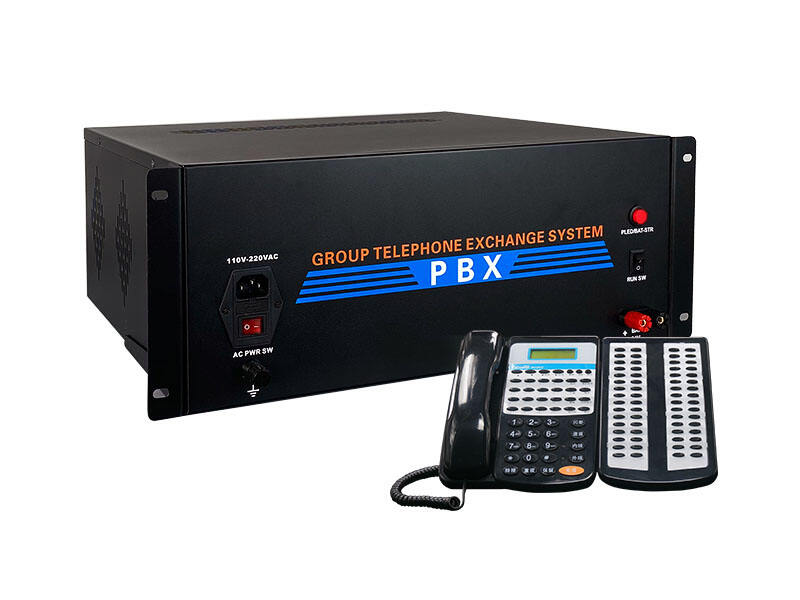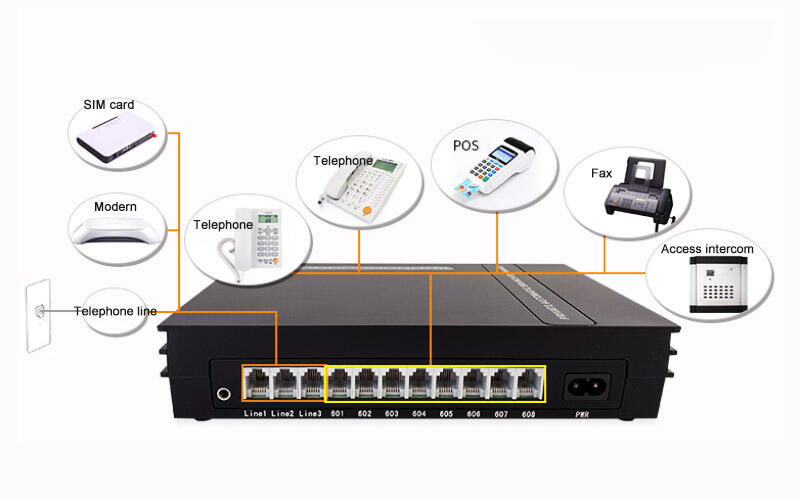
PBX vs PABX is a comparison that clarifies the differences and evolution between Private Branch Exchange (PBX) and Private Automatic Branch Exchange (PABX) telephone systems, where PBX originally referred to manual systems requiring an operator to connect calls, while PABX introduced automation, enabling users to dial extensions directly without operator intervention. Today, the terms are often used interchangeably, but understanding PBX vs PABX helps organizations choose the right communication system based on their needs, with PABX representing the automated, more advanced version that supports features like call forwarding, voicemail, and integration with digital technologies. Shenzhen Dasheng Digital Co., Ltd., a national high-tech enterprise with 15 years of expertise in industrial-grade communication equipment, offers insights into PBX vs PABX to guide customers, emphasizing that modern PABX systems, unlike legacy PBX, integrate seamlessly with VoIP, video conferencing, and mobile devices, providing greater flexibility and scalability for smart security, industrial automation, and digital education sectors. The company’s analysis of PBX vs PABX highlights that PABX systems are more cost-effective for growing businesses, as they reduce reliance on operators and support more extensions, while both PBX and PABX can be adapted to analog or digital lines, with PABX leaning toward digital compatibility for future-proofing. When considering PBX vs PABX, the company’s solutions showcase that PABX systems offer better call management features, such as call queuing and analytics, which are critical for industrial communication hubs and national defense command centers, where efficient call routing can impact operational success. By understanding PBX vs PABX, organizations can make informed decisions, with Shenzhen Dasheng Digital Co., Ltd. providing both legacy PBX support and modern PABX systems tailored to specific industry needs, ensuring reliable, low-latency communication that aligns with their digital transformation goals, whether upgrading from a manual PBX or implementing a new PABX to enhance collaboration and efficiency.
